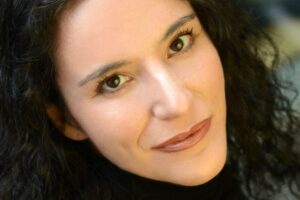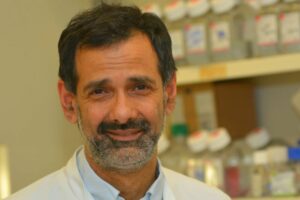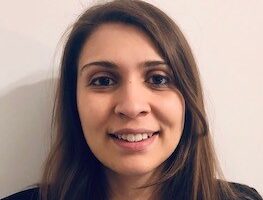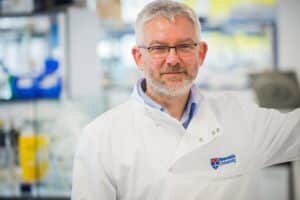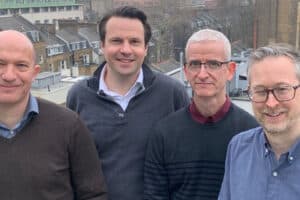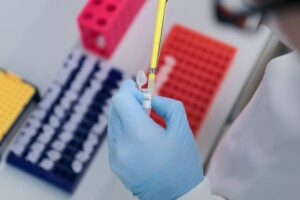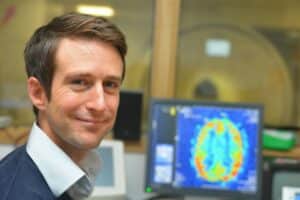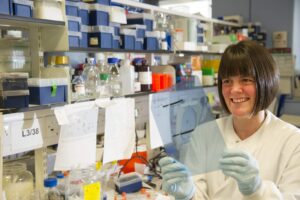Research
Better surgical navigation for the removal of brain tumours in children
A tailored image guidance approach for children undergoing surgery for brain tumours.
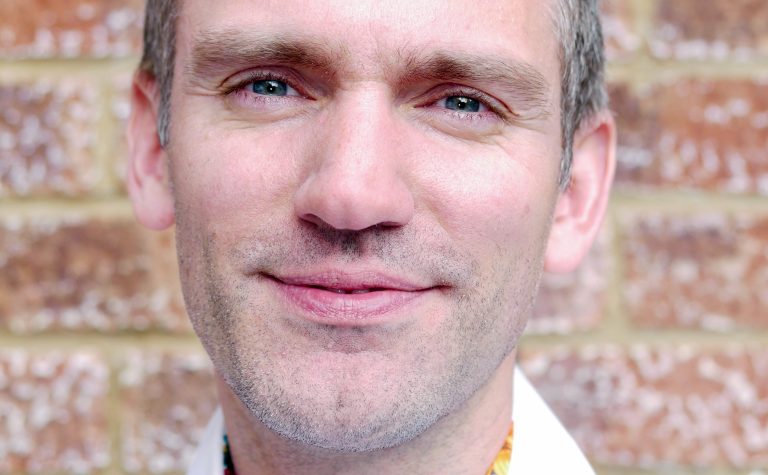
Project Details
- A tailored image guidance approach for children undergoing surgery for brain tumours
- Lead Researcher
- Dr Jon Clayden
- Research Centre
- UCL Great Ormond Street Institute of Child Health
- City & Institution Postcode
- London, WC1N 1EH
- Start Date
- 1 May 2024
- Project Duration
- 24 months
- Grant Amount
- £131,898.97
Overview
Dr Clayden and his team are aiming to improve the imaging available to support neurosurgeons when they’re removing a brain tumour, so that they have more information to make key decisions. Improved imaging is helpful in supporting more effective surgery.
With the involvement of patients and their families, this team plans to explore a new imaging method on brain scans that are acquired by the clinical team during surgery, with a focus on the white matter structures that connect brain regions together. The team plan to improve the technique based on what they learn from this evaluation.
Potential impact?
Research has shown that further complete removal of the tumour results in better outcomes for children, including better survival. The team aim for the information provided by this project to give surgeons greater confidence in removing as much tumour as possible, as safely as possible.
About the Research Team
The research team spans two world-class institutions: Great Ormond Street Hospital for Children and University College London. The team has many years of high-level experience in neurosurgery, neuropathology and the analysis and interpretation of brain scans.
Dr Jon Clayden is an Associate Professor in neuroimaging and biophysics at the UCL Great Ormond Street Institute of Child Health (GOS ICH) within University College London (UCL). Dr Clayden’s interests centre on furthering understanding of connectivity and information processing in the brain, and the mechanisms by which these change due to normal development and disease.
Dr Clayden will be supported in his work by Dr Kiran Seunarine (Great Ormond Street Hospital), Dr Kshitij Mankad (Great Ormond Street Hospital), Professor Chris Clark (GOS ICH), Mr Kristian Aquilina (Great Ormond Street Hospital) and Professor Thomas Jacques (GOS ICH).
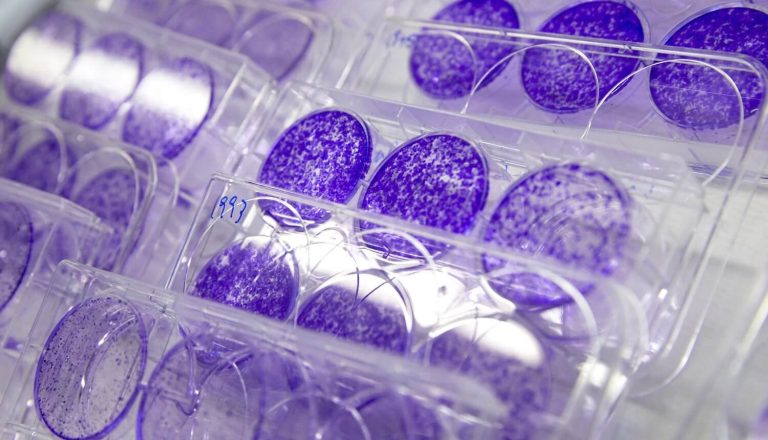
Learn more about Neuroimagining
Surgery is key to the treatment of most brain tumours in children. The balance between removing the maximum amount of tumour tissue and protecting healthy areas of the brain remains a key challenge for many surgical teams. Modern neuroimaging is an extremely valuable navigational tool for neurosurgical teams and can help identify and track important landmarks for better outcomes.
Other stories
We have lots of information to help you learn more about childhood cancer. From specific cancer types, to treatments and causes.

